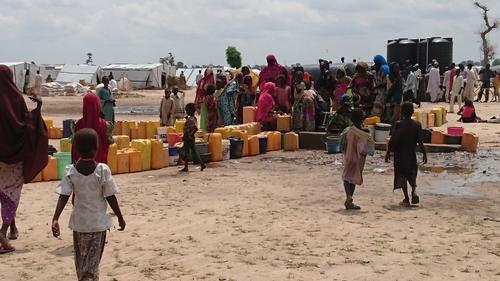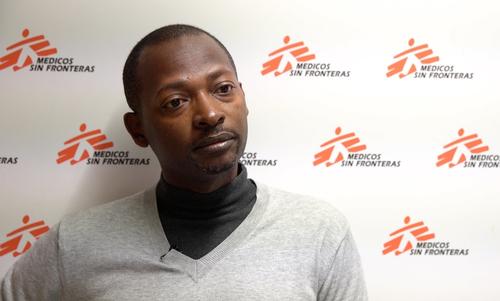A humanitarian crisis is unfolding in northeast Nigeria's Borno State, where violence has displaced thousands and cut off enclaves outside the state capital of Maiduguri from humanitarian aid.
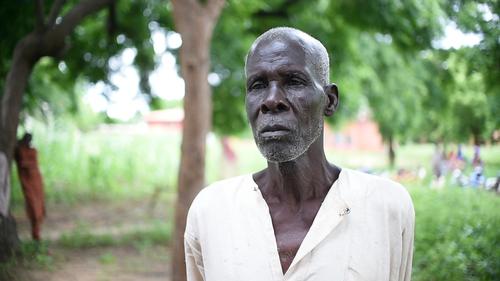
Boulama Mala: “It’s hard at my age to feed 10 people.”
“It’s Boko Haram who chased us from our village, that’s why we are here in this camp,” says Boulama Mala, 60 years old, who lives in a camp for internally displaced people (IDPs) in Beni Shiekh. “I live with my wife, my children, and grandchildren. There are 10 of us all together. With the little that we can sell, then we eat that day. Otherwise we go to sleep with an empty stomach. It’s hard at my age to gather wood to sell and feed 10 people.”
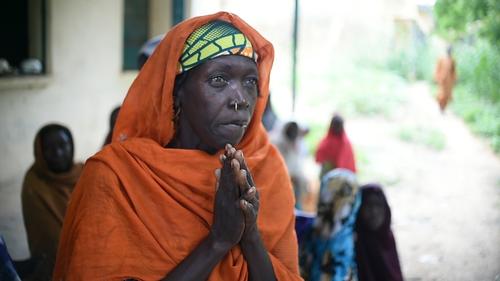
Ya Zara: “We have nothing right now, we just fled to survive.”
“It’s Boko Haram who terrorized us; it is they who brought us here,” said Ya Zara, 40 years old, who lives in the same IDP camp as Mala in Beni Shiekh. “We have nothing right now, we just fled to survive. We tried to save our souls, we took nothing with us. We farm to survive but the plots are too small. We have nothing to drink, nothing to eat—that’s our problem today.”
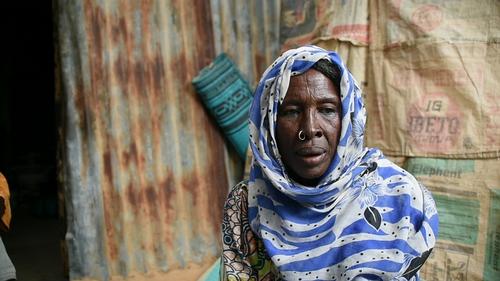
Awa Mudu: “Leaves are not enough to live on, but that’s all we have.”
Awa Mudu lives in Kokerita IDP camp, in Yobe, the state located next to Borno. “The only way to survive here is to gather wood to cook and sell,” she says. “We suffer a lot from a shortage of wood because it is very difficult for my husband and I to collect, as we are quite old. We just returned from the forest where we gathered some leaves. The leaves are not enough to live on, but that’s all we have.”
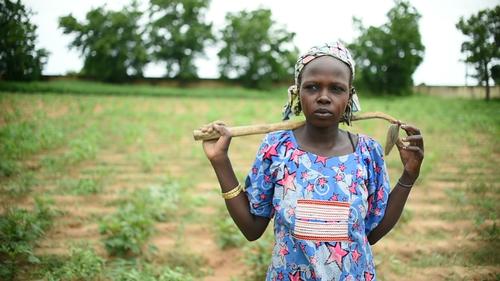
Aissa: “Soon our children will die from hunger.”
“We were threatened with guns while we were looking for wood,” says Aissa, who currently lives in the IDP camp in Beni Shiekh with her five children. “We were so afraid and we are still afraid. We don’t really have food and that poses a serious problem for the children. Soon our children will die from hunger. We have been here nearly three years. During this time we have not received help, especially in food distribution. We try to do our own activities to survive.”



